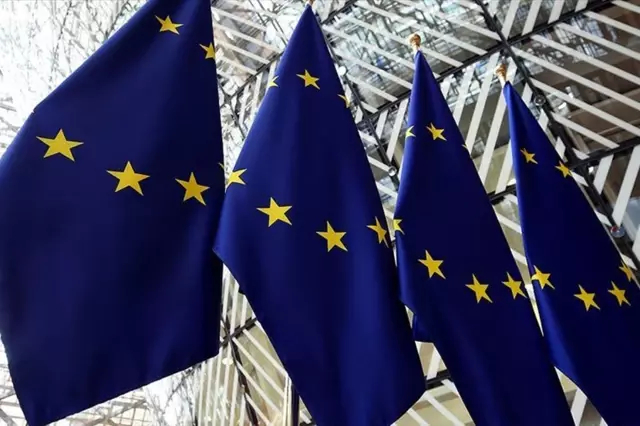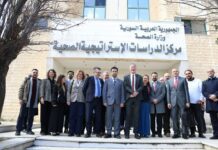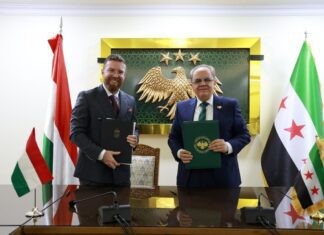
This week the European Union formally lifted all remaining economic sanctions on Syria, signaling a major policy shift aimed at supporting the country’s political transition. However, in a parallel move, the EU imposed new sanctions targeting five individuals with ties to the former regime of Bashar al-Assad, citing their direct involvement in crimes against humanity.
The European Council said the newly sanctioned individuals — including military officers and businessmen — played key roles in systematic human rights abuses during Assad’s rule, ranging from the use of chemical weapons on civilians to orchestrating sectarian violence. The measures include a freeze on assets within the EU and a travel ban.
Sectarian Violence and War Crimes Funding
Three of the five sanctioned individuals previously held high-ranking positions in the Syrian Republican Guard and armed forces. The Council named Suhail al-Hassan, Ghiath Dalla, and Muqdad Fathiyeh as having “participated in gross human rights violations during Assad’s rule, including torture and extrajudicial executions.”
Their involvement in the violent unrest that erupted across Syria’s coastal region in March was a particular focus. According to the Council’s statement, the men “played a role in the wave of violence” that led to civilian casualties and further destabilized the Sahel region.
The Syrian Ministry of Foreign Affairs and Emigrants, in an unusual turn, welcomed the EU’s sanctions. In a June 23 statement, the ministry said the targeted individuals had acted to “fuel sectarian strife” and “destabilize coastal areas.” The ministry noted that a domestic committee investigating the violence is nearing the conclusion of its work and intends to submit findings to the Presidency for further action.
Also sanctioned were two businessmen, Mudallal Khoury and Imad Khoury, who operate from Russia. The EU accused them of “representing the financial and commercial interests of the Assad government in Moscow” and “contributing to the financing of serious crimes against humanity.”
Both men have been previously linked to front companies and financial operations used to evade sanctions and procure materials for the regime during Syria’s revolution.
A Strategic Shift With Limits
While the EU lifted its broader sanctions on Syria to support reconstruction and the country’s transitional government, it emphasized that accountability remains a priority. A statement from the EU’s Foreign Affairs Council affirmed support for a “Syrian-led, inclusive political transition” and called on all foreign actors to respect Syria’s sovereignty.
The sanctions against the five individuals stand as a warning, EU officials said, that while the bloc is willing to engage with Syria’s new leadership, it will not ignore past atrocities.
“We welcome the commitment of the transitional government to the rule of law and accountability,” the Council said, reaffirming the EU’s readiness to cooperate with Syria’s new authorities as long as core human rights standards are upheld.








